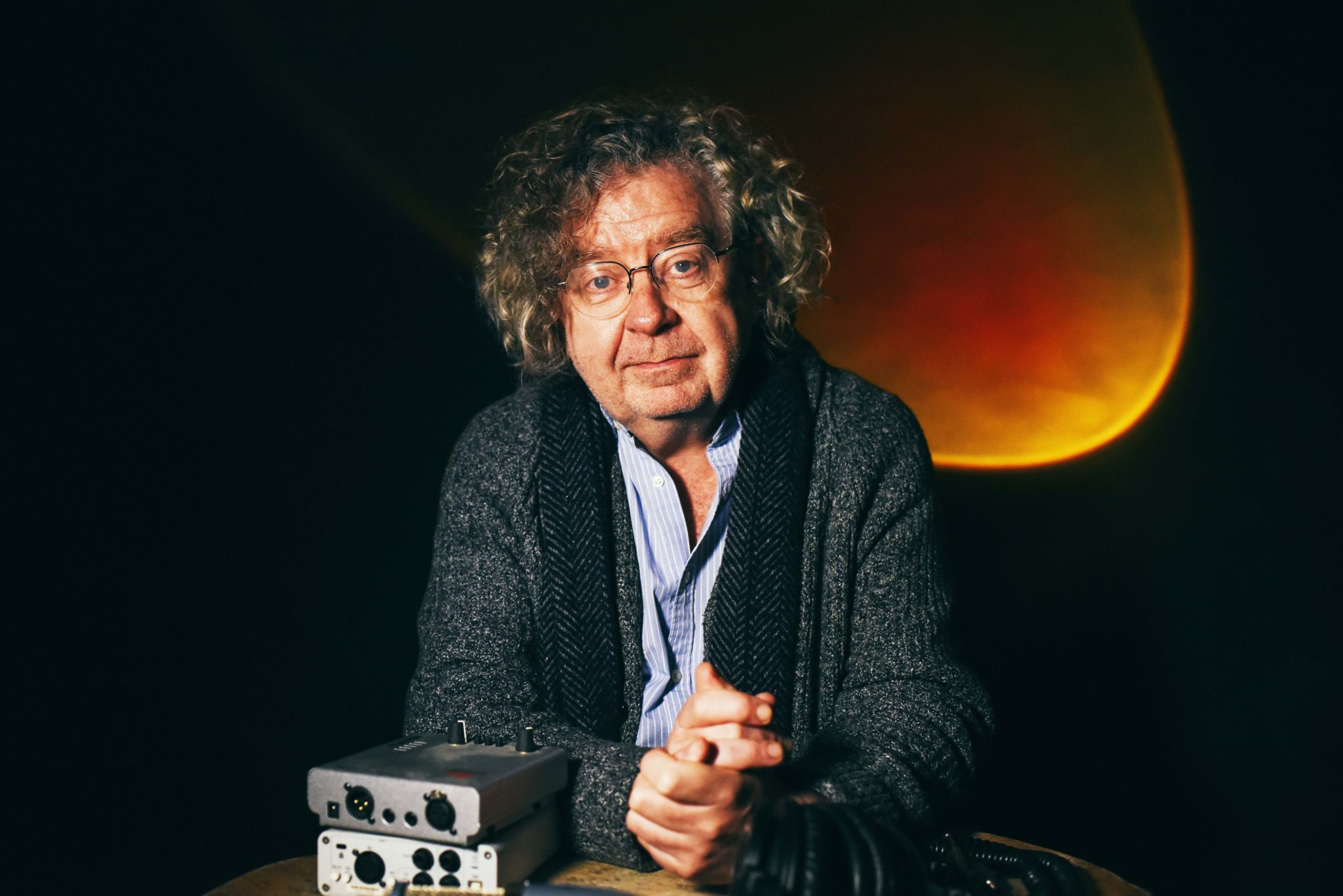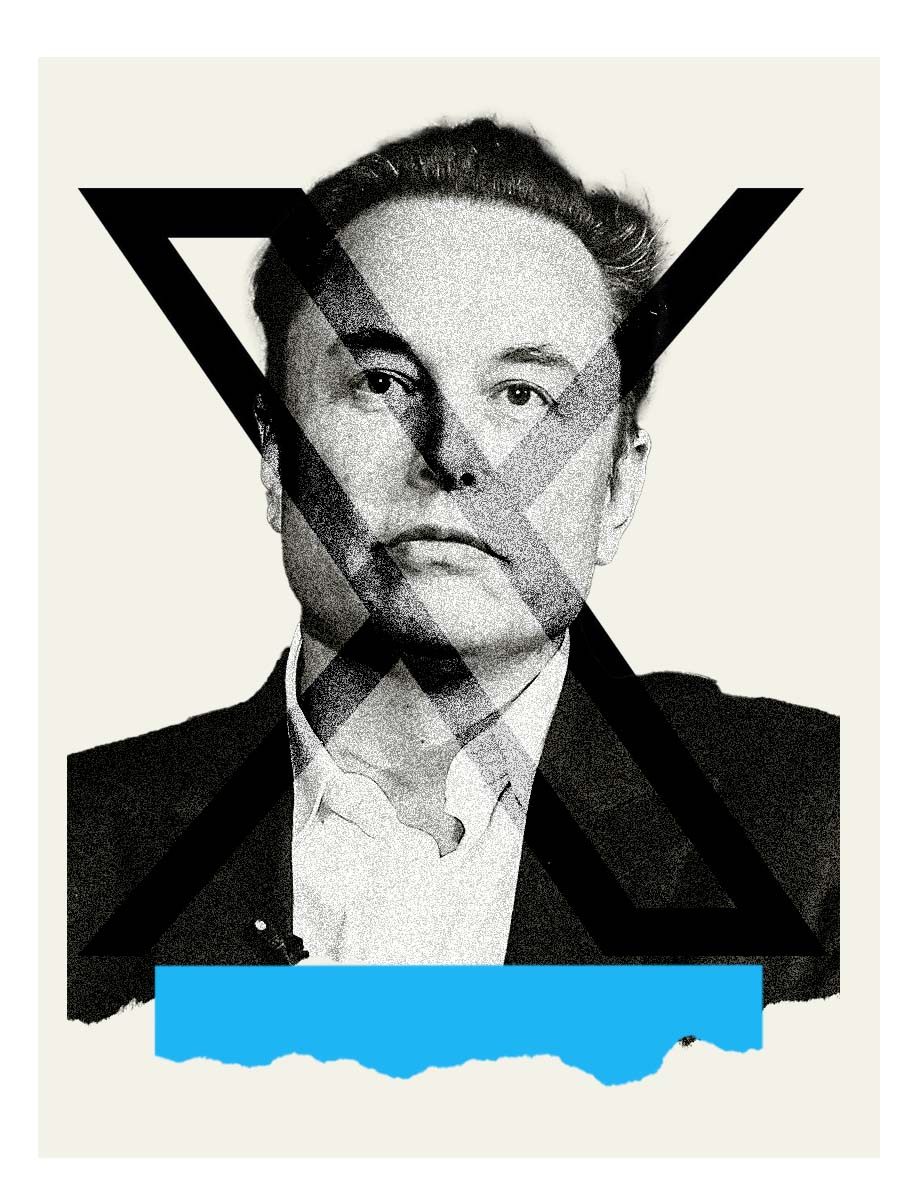- Opinion
- 22 Dec 23

The Whole Hog – looking back on 2023...
As Open AI’s Chat GPT became widely accessible to users, 2023 saw the rapid development and widespread corporate implementation of generative AI machine learning technologies. Where AI used to call to mind website chatbots and futuristic sci fi flicks, in 2023, Collins’ Dictionary’s word of the year holds a new power – indicative of something much more vast and equally foreboding.
Able to paint a renaissance oil painting given a scant few prompts, regurgitate an entire novel in the garbled prose of your favourite literary icon, and generate Wes Anderson-esque stills from an arthouse film that never existed, it is rapidly becoming apparent – AI is no smoke and mirrors parlour trick…
The viral popularity of AI-generated tracks like Ghostwriter’s ‘Heart On My Sleeve’ – a track that eerily parrots the vocal stylings of Drake and The Weeknd – saw increased concerns over the artistic integrity of generated music, after the song was announced eligible for Grammys consideration by Recording Academy CEO Harvey Mason Jr in July. Later rescinding the decision, the Academy reaffirmed their commitment to human authorship – undoubtedly avoiding a hefty copyright infringement lawsuit from the plagiarised musicians in the process.
The weaponisation of AI in military and warfare contexts, too, is becoming a disturbing reality. As Israel continue their military bombardment of the Gaza strip, there are worrying ethical concerns that Israel have been implementing unreliable AI recommendation systems and self-piloting drones to identify military targets, as well as actively exploiting deep faked images to disseminate misinformation and propaganda.
Whilst nations scrambled to implement adequate legislation in an effort to tackle malicious uses, Marvel also jumped on the AI bandwagon, facing backlash from filmmakers for their use of generated animation in the intro sequence for Disney+ show Secret Invasion. Already being implemented by the likes of Apple, Amazon, Facebook, Microsoft and Spotify to harvest data, generate content and optimise business performances – raking in massive amounts of capital all the while – it’s safe to say that AI is not going anywhere any time soon…
Advertisement
Likewise this year, AI-tech developed during the creation of Peter Jackson’s Beatles documentary Get Back allowed the band to finally isolate John Lennon’s vocals from a home demo of ‘Now And Then’ – a cut the band previously attempted to rejig in the ’90s, alongside ‘Free As a Bird’ and ‘Real Love’. Granting us the pleasure of one last bow from the Fab Four, that’s certainly quite the feat – maybe it’s not all dystopic doom and gloom?
To speculatively consider the seemingly inevitable conclusion of AI, it’s hard not to find yourself spiralling into nightmarish visions of our tangled Orwellian future, as the very state of the arts seems to hang precariously in the balance. But as we veer unsteadily into frighteningly uncharted waters, are we truly headed for a world of androids and electric sheep? Maybe, maybe not. Like most things, it often depends on who you ask.
Able to trawl through tomes of medical data to uncover outcomes that might otherwise go undetected by human medical professionals – in mere seconds – AI may have momentous ramifications for the future of healthcare. With deep-learning algorithms already in medical-use, AI imaging capabilities could be used for cancer identification and screening, after a group at Mount Sinai were able to use AI to predict the development of diseases with a 94% accuracy.
AI-powered apps like StorySign and Facing Emotions are already being used as tools to assist people with disabilities. Likewise, artificial intelligence can also help educate and predict the impacts of climate change on different regions, with researchers from a Montreal institute using generative adversarial networks – a mouthful, we know – to simulate the damage of severe storms and rising sea levels.
As the Government’s Artificial Intelligence Strategy for Ireland so aptly put it, AI is undoubtedly “Here for Good”. However, with adequate ethical constraints adopted to prevent its misuse, putting in place measures for all sectors – including the arts – it’s not unlikely that AI could become a force for positive change in the years to come. Here’s to our robotic overlords! Perhaps there’s hope yet…

Martin Clancy. Copyright Miguel Ruiz
Advertisement
A Billion Times Smarter
At the start of 2023, Hot Press featured an interview with Martin Clancy, a researcher at Trinity who wrote a book – Artificial Intelligence and Music Ecosystem – about the speed of development and ethical implications of artificial intelligence (AI) in music. The lack of legislation around AI songs causes a vacuum, he told us, in which people’s music catalogues can be plundered – their musical algorithms fed through the software – without any recompense.
Since we featured that interview, the growth of AI has made headlines around the world, creating humanity’s biggest existential threat since the creation of the atomic bomb. In May, 2023, executives from three of the leading AI companies - Sam Altman (OpenAI), Demis Hassabis (Google DeepMind), and Dario Amodei (Anthropic) – alongside 350 other executives and academics, co-signed a letter calling for AI to be treated as a global priority equivalent to “other societal-scale risks, such as pandemics and nuclear war”.
The huge advancement in AI technology – pioneered by ChatGPT and other chatbots – threaten to create an avalanche of misinformation and disinformation. In a conversation with the British PM Rishi Sunak during a summit on AI, Elon Musk talked about how AI could eliminate millions of jobs. AI’s impact is likely to be particularly existential.
For the first time in the history of humanity, AI innovators suggest, we will no longer be the intellectually superior species on the planet. Mo Gawdat, a former chief business officer at Google X, has predicted that by 2045 AI will be a “billion times smarter than us”: at which point we will no longer comprehend its processes. AI, at that point, might well operate independently from our control.
AI, Gawdat suggests, is already becoming sentient. “Sentience is engaging in life with free will: a sense of awareness of where you are in life and what surrounds you. A sense of a beginning of life and an end of life. AI has free will, agency. Consciousness – maybe not in the spiritual sense yet – and it certainly has awareness. It also feels emotions. Fear is a simple equation – a moment in the future is less safe than now – and machines are capable of making that. AI might even feel more emotions than we will ever do.”
AI can be used for much good – it might cure cancer, end poverty, solve climate change. But it will also, according to AI pioneers, require regulation and an ethical code of usage in the same manner as the rules humanity forged following the creation of nuclear fusion.
Advertisement

The Big Tech Shakeout
The platform formerly known as Twitter has been in freefall since Elon Musk, billionaire innovator, purchased it for $44bn in 2022. The social network had long been a cesspit of rage, but at least there was some degree of content moderation. Over the last year, X has become a place where hateful speech, disinformation and misinformation, and videos and images of violence, have spread like the plague.
Social media dystopia reached a head in Ireland in November with the far-right fuelled riots in Dublin. The same month, Media Matters, a US organisation, flagged advertisements that were appearing next to pro-Nazi posts on X. Companies such as Disney, Apple, Bravo, Oracle, Xfinity, and IBM, promptly suspended their advertising. Musk’s response was to vow to file a “thermonuclear” lawsuit against Media Matters. A few weeks later, on stage during a live interview in New York, he diplomatically told the retreating companies to “go fuck yourselves”.
X’s central revenue stream comes from advertising and so Musk has been scrambling for another way of making the platform work – launching a new audio and video calls service, for example, or opening it up to videogame streaming – but its future remains uncertain.
The same might be said for cryptocurrencies which are more volatile than Mount Etna. The collapses of Terra, Celsius and FTX, illustrate the inherent risks of investing in what appears more like a casino than a stable economy.
Just look at the trajectory of non-fungible tokens (NFT’s). In 2021, the world went crazy for these digital assets. That year, an art collage by the artist Mike Winkelmann, aka Beeple, sold for $69.3 million through Christies of New York; and an NFT of the first tweet by Twitter honcho Jack Dorsey sold for $2.9m.
Advertisement
Cynics scoffed: where’s the value in that? But nobody listened. Everyone knows someone who decided to cash in to the NFT craze. One influencer even sold NFTs of her farts. A recent report, which surveyed almost 70,000 NFT collections, revealed that these formerly revolutionary assets are now “worthless investments”. NFTs, ladies and gentlemen, were a fad that made some people rich – and made others considerably poorer.
For the average citizen, the all-consuming nature of technology is a blessing and a curse. Fraud scams are on the rise and we are bombarded on a daily basis by texts and calls trying to dupe us to gain access to our bank accounts. Professionals recommend strong unique passwords and to always ignore unsolicited callers or texters seeking private info.
Read The Whole Hog in the Hot Press Annual 2024:










